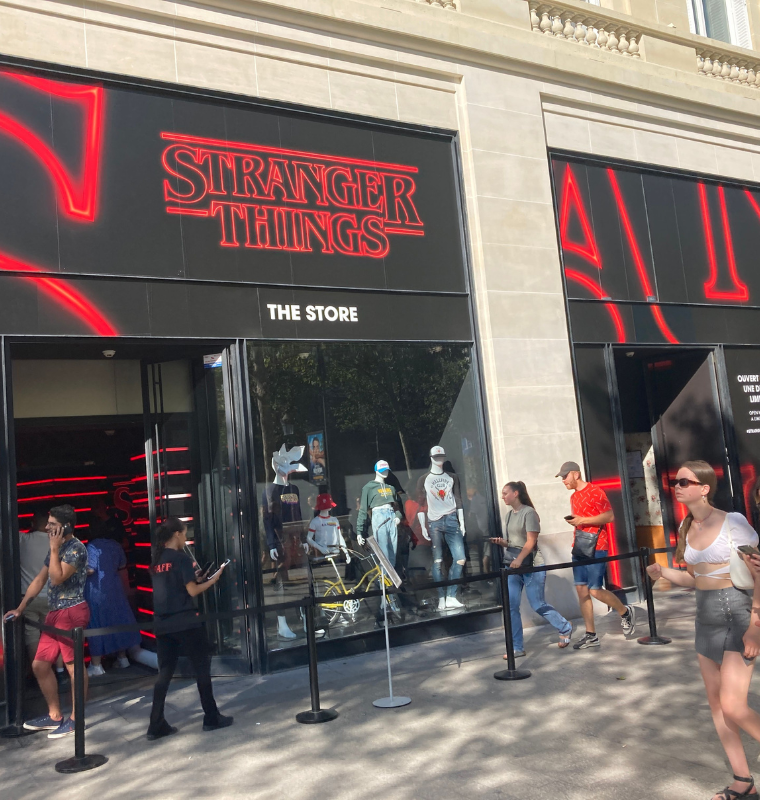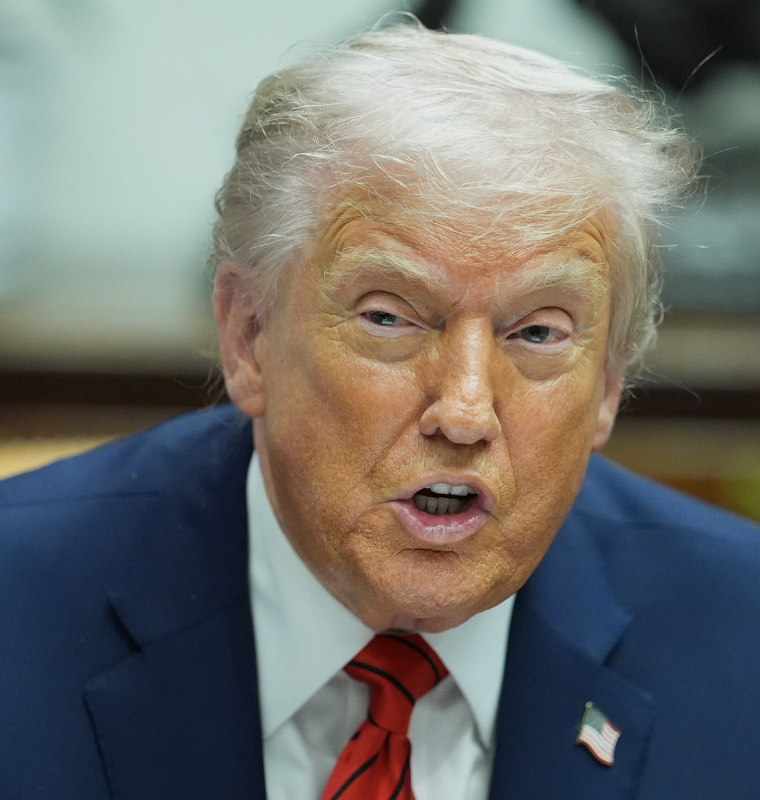U.S.-U.K. Trade Deal: Limited Impact on Key Sectors, Says Freight CEO
U.S.-U.K. Trade Deal: Limited Impact on Key Sectors, Says Freight CEO
By
Junia Wells
Last updated:
May 9, 2025
First Published:
August 3, 2025

Source: MSN
Trade Deal Promises Fall Short for U.K. Imports
The recently announced U.S.-U.K. trade deal has sparked debate among industry experts, with some expressing cautious optimism while others question its real-world impact. Despite initial excitement, experts warn that the benefits might be limited, particularly for British imports to the U.S., which will continue to face 10% tariffs.
According to Andy Abbott, CEO of the Atlantic Container Line, much of the trade deal is based on “smoke and mirrors”, offering minimal advantages for the majority of U.K. imports. Abbott’s company, which facilitates transatlantic shipments, warns that the deal’s real-world impact might be more limited than initially portrayed.
European Exports Surge, Then Stabilize
Immediately after the reciprocal tariff pause announced by President Trump, European shipments to the U.S. saw a brief surge. However, that initial rush has since subsided, indicating that the frontloading effect was short-lived.
Abbott believes the deal does not significantly change the landscape for most British goods entering the U.S. market. In fact, many companies are still grappling with the baseline 10% tariffs, and Abbott suggests that price increases on British imports could become more commonplace.
Luxury Autos: A Mixed Bag for U.K. Manufacturers
The trade agreement does offer some relief to British luxury automakers, such as Rolls-Royce, Bentley, McLaren, Jaguar Land Rover, and Mini. However, the extent of the benefits is limited. Abbott notes that these high-end cars are already at the top of the pricing spectrum, and a 10% tariff is unlikely to significantly sway consumer choices.
Interestingly, U.S. automakers have voiced dissatisfaction, particularly regarding the preferential tariff treatment for British-made cars over U.S. vehicles produced in Mexico and Canada. Critics argue that the deal favors luxury brands without offering a competitive edge to more affordable U.S. models.
Aerospace and Industrial Sectors: Potential Wins
The trade deal has offered some positive signals for U.S. industries that utilize imported steel. Notably, industrial giants like Cummins and other high-tech steel importers in aerospace could benefit from the proposed alternative to steel and aluminum tariffs.
The White House fact sheet outlines that the first 100,000 U.K. vehicles imported annually will face a 10% tariff, while additional units will encounter a 25% rate. Furthermore, the agreement estimates a $5 billion opportunity for U.S. farm exports, including $700 million in ethanol and $250 million in beef and other agricultural products.
However, with 10% tariffs remaining as a baseline, Abbott argues that most British products entering the U.S. are likely to see price increases. As a result, U.S. importers may pass on these additional costs to consumers sooner rather than later.
Agricultural Impact: Meat Standards Unchanged
The National Cattlemen’s Beef Association has hailed the deal as a “tremendous win”, but the U.S. Meat Export Federation remains cautious, seeking more detailed information. One key point is that the U.K. has not relaxed its food safety standards. This means that hormone-treated beef from the U.S. remains off the table, limiting opportunities for American beef producers despite the new agreement.
Used Car Market: Potential Shifts
One lesser-known consequence of the trade deal could be its impact on the used car market. Abbott notes that while there has been no immediate change in booking volumes, there are growing concerns among traders about rising prices and reduced availability.
The latest data shows that a key used car price index has reached its highest level since 2023, driven partly by increased demand for used vehicles as consumers shy away from pricier imports. Many ex-rental and leased cars from the U.S. end up in West Africa, but the higher tariffs on new imports may shift this trend in the coming months.
Market Reactions and Industry Perspectives
Despite the uncertainties, some industry leaders see the deal as a positive framework for future trade agreements. United States Trade Representative Jamieson Greer described it as the model other countries should consider, emphasizing that the U.K. is the sixth-largest economy globally.
However, many analysts remain skeptical. They argue that while the deal offers some sector-specific advantages, it does not fundamentally alter the trade dynamics between the U.S. and the U.K. Abbott’s assessment that the deal is largely “noise” rather than substantive change echoes the sentiments of many in the freight and logistics industry.
Reality Check for U.K. Imports
While the U.S.-U.K. trade deal has been celebrated by some sectors, its broader implications appear muted. The persistent 10% tariffs on most imports will likely continue to pressure British exporters, and U.S. companies may pass these costs on to consumers.
The long-term impact remains uncertain, but for now, the deal’s practical benefits seem limited. As more details emerge, industry stakeholders will be watching closely to see if the optimistic projections materialize into real economic gains.
Popular articles
Subscribe to unlock premium content
Luxury Smart Jewelry Becomes a $200 Million Trend Among Millennials

Stranger Things Fever Takes Over Retail

Private Island Rentals for Corporate Retreats Hit $1 Billion

Luxury Smart Jewelry Becomes a $200 Million Trend Among Millennials

Stranger Things Fever Takes Over Retail

Luxury Smart Jewelry Becomes a $200 Million Trend Among Millennials









